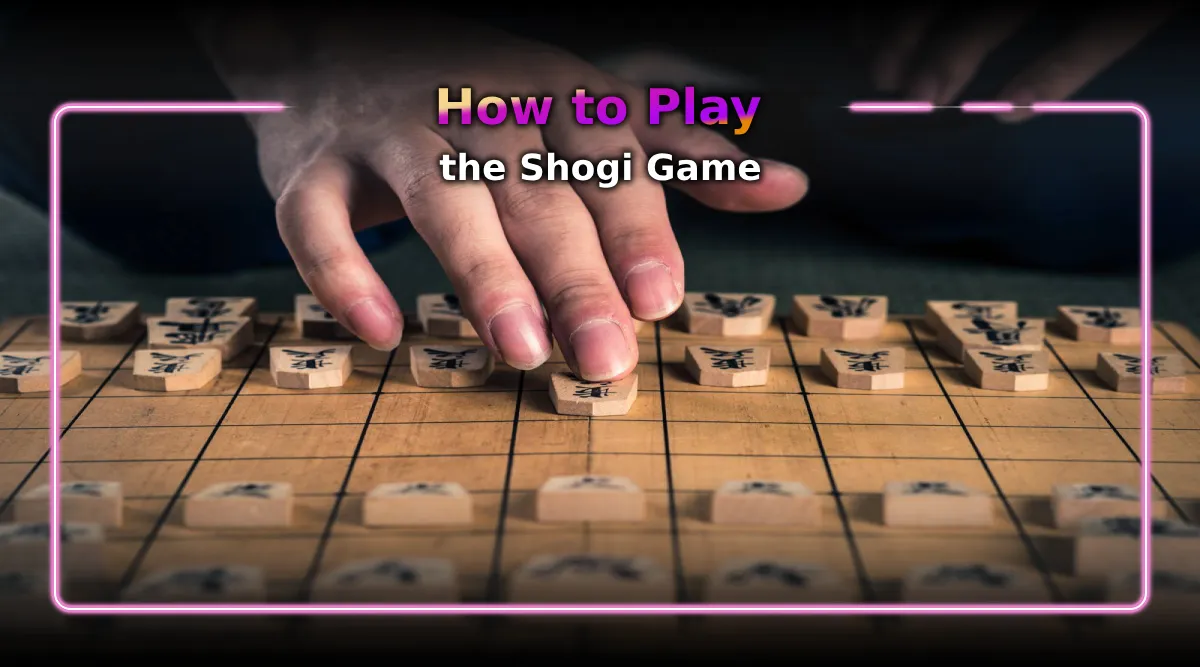
Shogi, often referred to as “Japanese Chess,” is a testament to the rich cultural tapestry of traditional board games. Distinguished from other strategy casino games or the familiar chess tables, the Shogi game offers a unique blend of strategy, history, and cultural depth. Originating in Japan, this game has transcended centuries, evolving into more than just a pastime. It’s a cerebral art, a dance of strategy and foresight, deeply ingrained in Japanese heritage.
Contrary to common perceptions, the shogi game isn’t a staple in the bustling atmosphere of casinos. It’s a game cherished in more tranquil, contemplative environments, where the strategic interplay of minds takes precedence. This guide invites you into the world of Shogi, steering you through its rules and subtleties, and opening a gateway to a realm distinct from the colorful ambiance of online casino gaming.
Understanding the Basics of the Shogi Game
The Shogi board, reminiscent of chess, unveils a battlefield with distinctive rules, creating an engaging realm of strategy and tactics. The game is played on a 9×9 grid, each square a territory to conquer and defend. Unlike the black and white squares of chess tables, the Shogi board is uniformly colored, setting a subtle stage for the battle ahead.
In this game, each player commands a set of 20 pieces, differing in rank and abilities. The pieces include the King, Gold General, Silver General, Knights, Lances, Bishops, Rooks, and Pawns, each with its distinct movement patterns and strategic importance. Shogi pieces, unlike chess, feature wedge shapes and Japanese characters, infusing linguistic beauty into the strategic depth of the game.
The objective of Shogi is deceptively simple yet infinitely complex: to checkmate the opponent’s King. However, the journey to this goal is a maze of strategy, foresight, and tactical finesse, making every game an unpredictable adventure.













